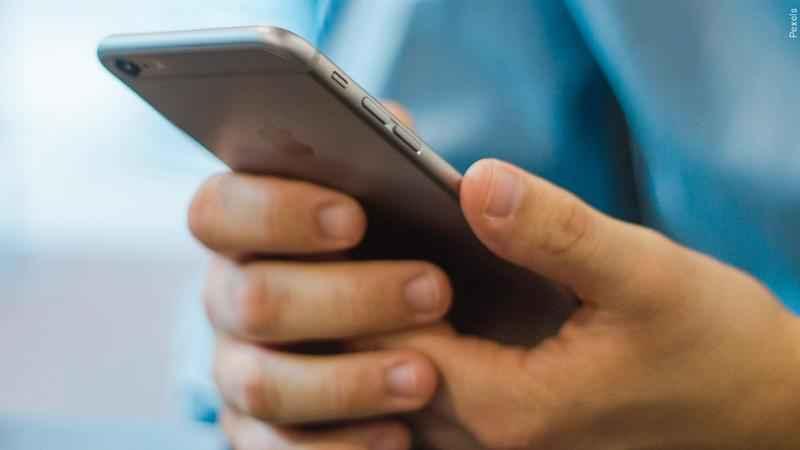Consumer Alert: Your apps are storing and sharing your information right now. Here’s how to take control.
[anvplayer video=”5106724″ station=”998131″]
ROCHESTER, N.Y. (WHEC) — Most of us have a smartphone. And every time we download an app, we’re likely just giving away private information. The problem with privacy policies is they are usually pages long and filled with legalese. Now Google is now mandating that app developers provide that information in an easy-to-read format.
Before you download an app, you’ll be able to find privacy information that’s as easy to read as a nutrition label. With a glance, you know fat, protein, sodium and more in anything in the grocery store and make an informed choice before you buy it. Similarly, By July 20, Android users will have an easy label to see how much of their private information the app is ingesting, then decide whether they want to download it. Apple users already have them.
Why this is important is expressed clearly in an article on PCMag.com.
It provides the example of an app called Prequel. You’ve likely seen it on your social media feed. The app allows you to add fun, whimsical features to your selfies. Harmless, right?
But prepare yourself for a long read if you’re interested in how the app collects, stores and shares your data. The privacy policy is 6,374 words long. When you interact with the app via social media, you give the company access to your user ID, email address, photos, videos, gender, birth date, your list of friends and their contact information, people who you follow and who follow you, as well as all your posts and your interactions you make with posts.

[Pexels]
It begs the question. Do you really want to give up all that information just to post a cartoon version of your face? Now, like Apple users, those with Android phones will have easy-to-digest privacy labels in place by mid-summer.
It’s easy to see so any information that they’re gathering,” said Chandra Steele, Senior features writer at PCMag. "It includes things like contact information, people in your address book, location information, health and fitness information, browsing data. So there are a host of things that will show up that have been collected on these apps that will now be very directly categorized on that area [privacy label].”
Steele points out there are some situations that won’t have to be reported, like if the data is being used very short-term between your phone and app, like a weather app that briefly uses your location data.
But this is important: Let’s say you find out that an app stores more information than you want to share. Unfortunately, you’re likely not going to be given the choice to opt-out. If you download the app, you’re agreeing to their terms.